The Future of Regenerative Medicine
Exosomes
Exosomes are tiny, naturally occurring vesicles that play a critical role in cellular communication.
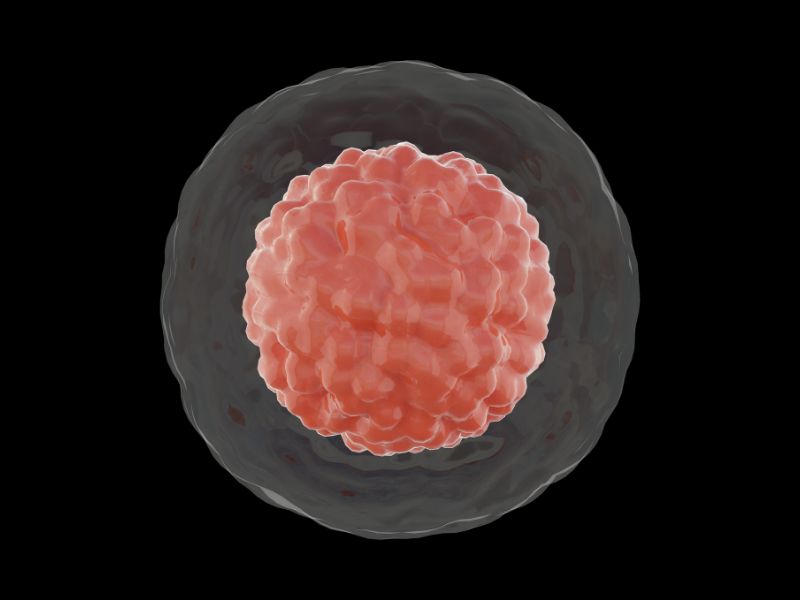
Exosomes: Tiny Messengers, Big Potential.
What are Exosomes?
The primary function of exosomes is to facilitate the transfer of biological information between cells. They carry a diverse array of molecular messages, including proteins, lipids, and RNA. This content enables them to influence the behavior and state of recipient cells, making them pivotal in numerous physiological processes.
Initially thought to be merely a cellular waste disposal mechanism, exosomes have gained considerable scientific attention for their more complex and integral role in maintaining cellular homeostasis – the stable and balanced condition necessary for cells to function optimally.
Ongoing Research on Exosomes
The field of exosome research is a dynamic and evolving area of science. Researchers are keenly investigating their potential implications in various medical disciplines, such as regenerative medicine and diagnostics, and as potential biomarkers for different health conditions. It’s important to recognize, however, that any therapeutic application of exosomes is currently in the experimental stage and has not received FDA approval for specific treatments.

Types of Exosomes we Offer:
Tringali Vibrant Health offers the following types of Exosomes Therapy:
- IV Application
- Facial Microneedling
- Hair Restoration
Functions of Exosomes in the Body:
Exosomes, as a focus of intense scientific research, are believed to play various roles in the body due to their function in cellular communication. Below are some key points about the benefits and functions of exosomes in the body.
Cellular Communication
Immune System Regulation
Tissue Repair and Regeneration
Disease Progression and Inhibition
Biomarkers in Disease Diagnosis
Neurological Functions


Microneedling with Exosomes for Facial Rejuvenation
Microneedling, a popular cosmetic procedure known for stimulating skin regeneration and collagen production, has evolved with the introduction of exosomes. This advanced technique combines the traditional microneedling process with the application of exosomes to the facial skin.
Microneedling with exosomes involves creating tiny punctures in the skin using a specialized device, followed by the application of exosome solutions. The exosomes, known for their role in cellular communication, are believed to enhance the skin’s natural healing and rejuvenation processes. The goals for microneedling with exosomes are:
- Enhanced Skin Rejuvenation
- Improved Skin Texture and Tone
- Collagen Stimulation
Exosomes For Hair
Exosomes for hair loss and thinning is an innovative approach in the field of hair loss treatments. This method involves using exosomes to stimulate natural hair growth and scalp health.
- Non-Invasive Treatment: This approach offers a less invasive alternative compared to surgical hair restoration methods.
- Hair Follicle Stimulation: The goal is to stimulate dormant hair follicles, potentially leading to improved hair density and growth.
- Scalp Health: Enhancing overall scalp health, which is vital for healthy hair growth.
- Non-Toxic and Natural
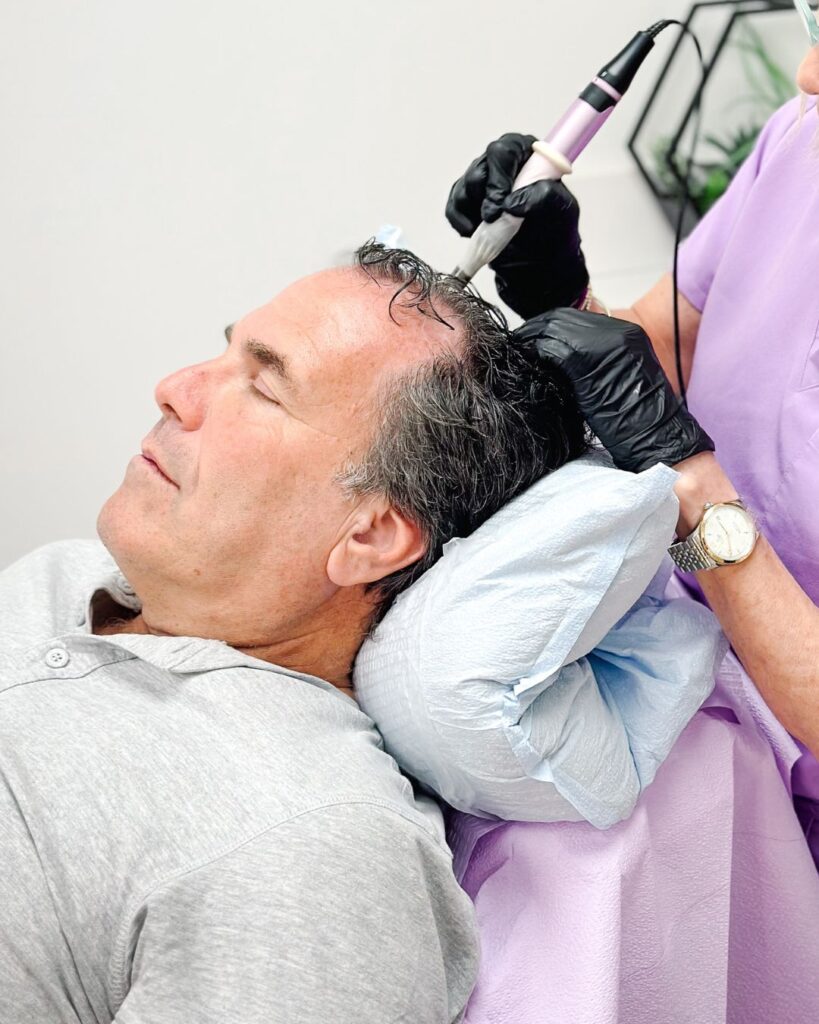
Check out Elizabeth Tringali, Pa-C's Personal Results!
Elizabeth Tringali, PA-C herself was suffering from some hormonal hair loss and thinning. After 12 weeks of exosomes therapy for Hair, she experienced significant regrowth and fullness. Elizabeth paired her Exosomes Therapy with Red Light Therapy sessions, Nutrafol Women’s Balance Kit and peptide therapy.*
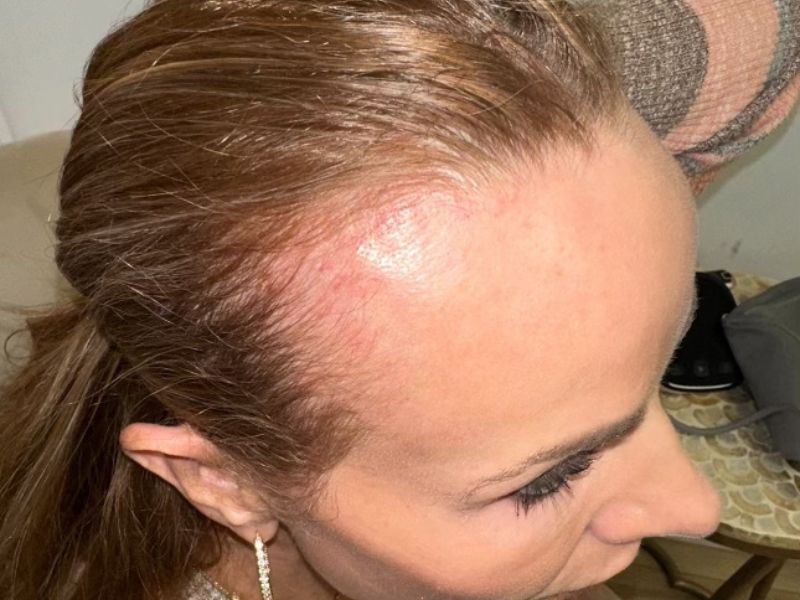
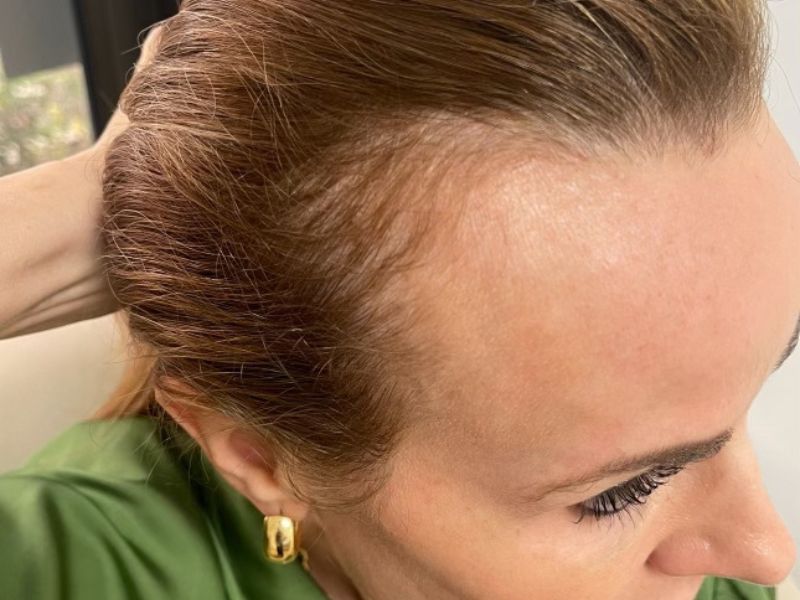
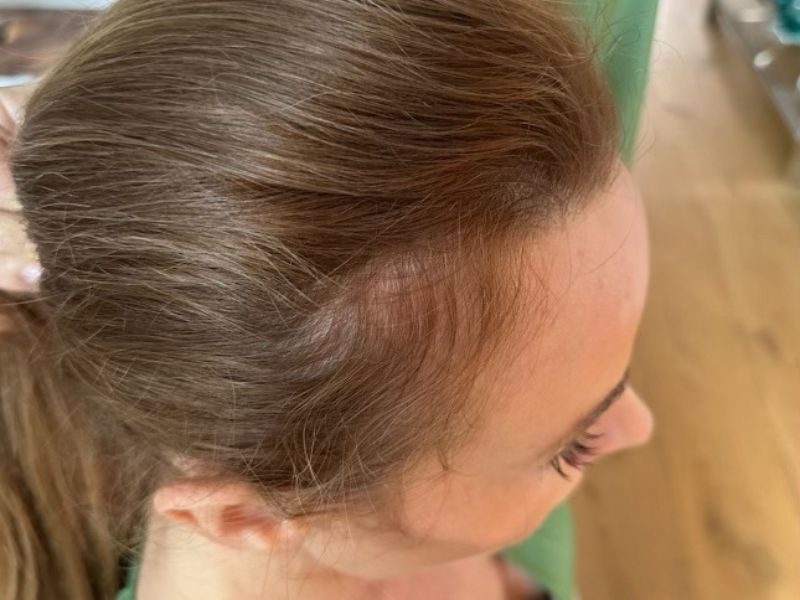
*Results not guaranteed.
